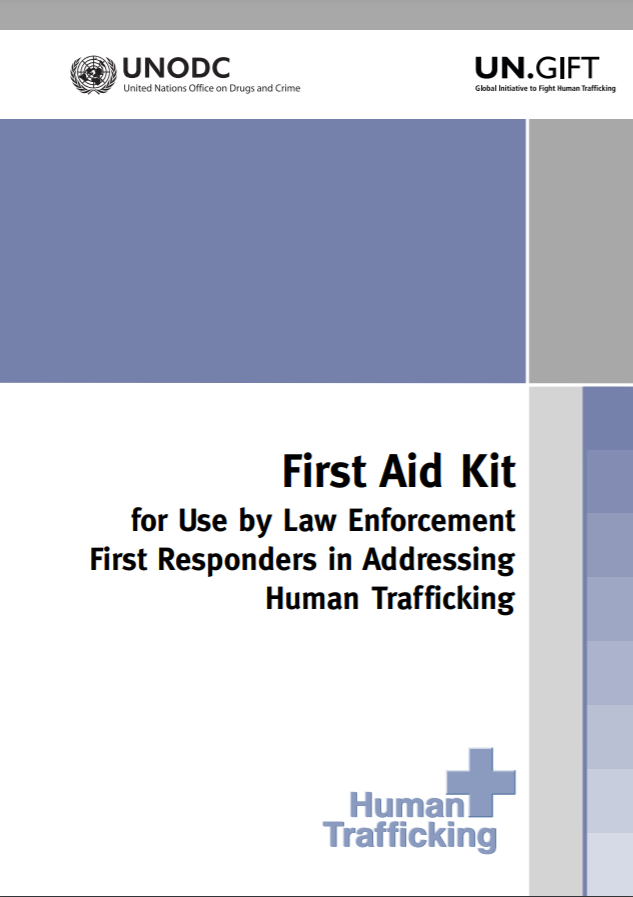After the National Referral Mechanism - What Next for Survivors of Trafficking?

Within the UK, survivors of trafficking receive formal identification through the National Referral Mechanism (NRM). While people are waiting for a decision on whether or not they will be positively identified (known as a conclusive grounds decision), they are able to access specialist services and support. Once someone has received their decision, they leave the NRM.
Country
Worldwide
Region
Worldwide
Year
2018




